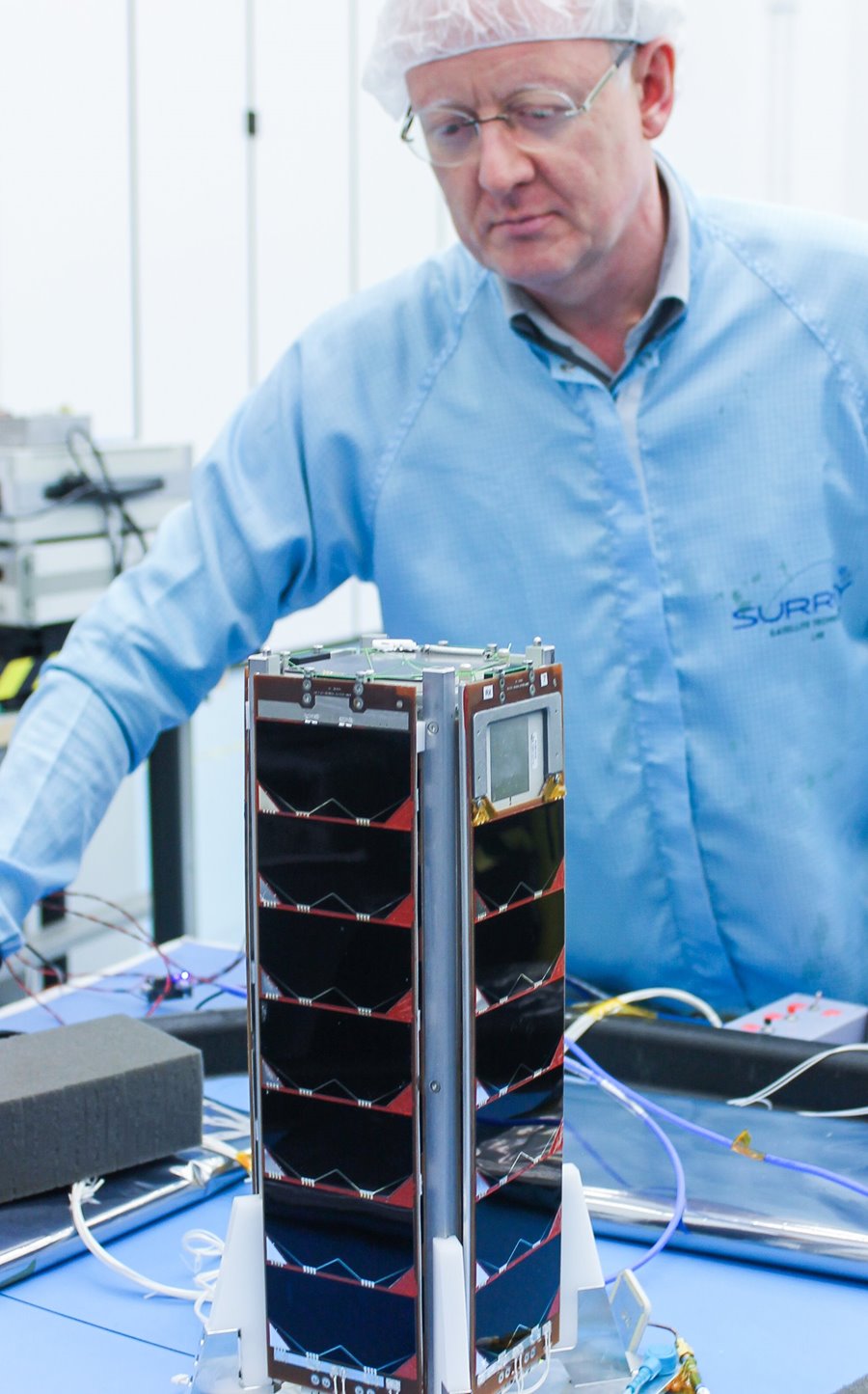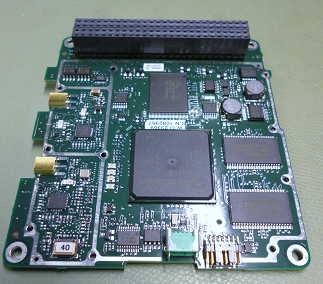
SSTL operators were faced with the problem of identifying VESTA-1 after 64 satellites, including 48 other cubesats, were launched with Spaceflight’s SSO-A SmallSat Express Mission on board Falcon 9 from Vandenberg Air Force Base on 3rd December 2018. After the launch, our spacecraft operators quickly discovered that the orbital predictions provided did not match the location of VESTA-1 and so had to be hand-tuned to establish reliable communications. Fortunately VESTA-1 was carrying the SGR-Ligo, a new cubesat-format GNSS receiver recently produced by SSTL. Although the cubesat was tumbling, the GNSS receiver was able to acquire and track GPS signals and recover the satellite’s position and velocity. This enabled us to update the orbital predictions, and we gained an invaluable assurance that the satellite would never be lost again - a big relief!

The SGR-Ligo is a GNSS receiver that uses signals from the 20,000 km altitude GPS satellite constellation to determine the cubesat’s position, velocity and time, in much the same way as a satnav in a car. The SGR-Ligo also has capability to use signals from the European Galileo and Russian Glonass satellite constellations. The receiver has been designed specifically for Cubesat compatibility, and is PC/104 bus compatible. It has a fault-tolerant processor, and supports two antennas, active or passive, for use on inertially pointing satellites. When operating continuously it consumes as little as 0.4 watts, and can acquire position quickly, to support intermittent operation for even lower average powers.
VESTA-1 is a nanosatellite technology demonstration mission developed under UKSA funding that tests a new two-way VHF Data Exchange System (VDES) payload developed by Honeywell for the exactEarth advanced maritime satellite constellation. The 4kg satellite has 3-axis pointing capability, an SEU tolerant on-board computer, and a Commercial-Off-The-Shelf (COTS) VHF deployable antenna system developed by Innovative Solutions in Space for the VDES transceiver.
VESTA-1 was manufactured for Honeywell under UKSA funding.